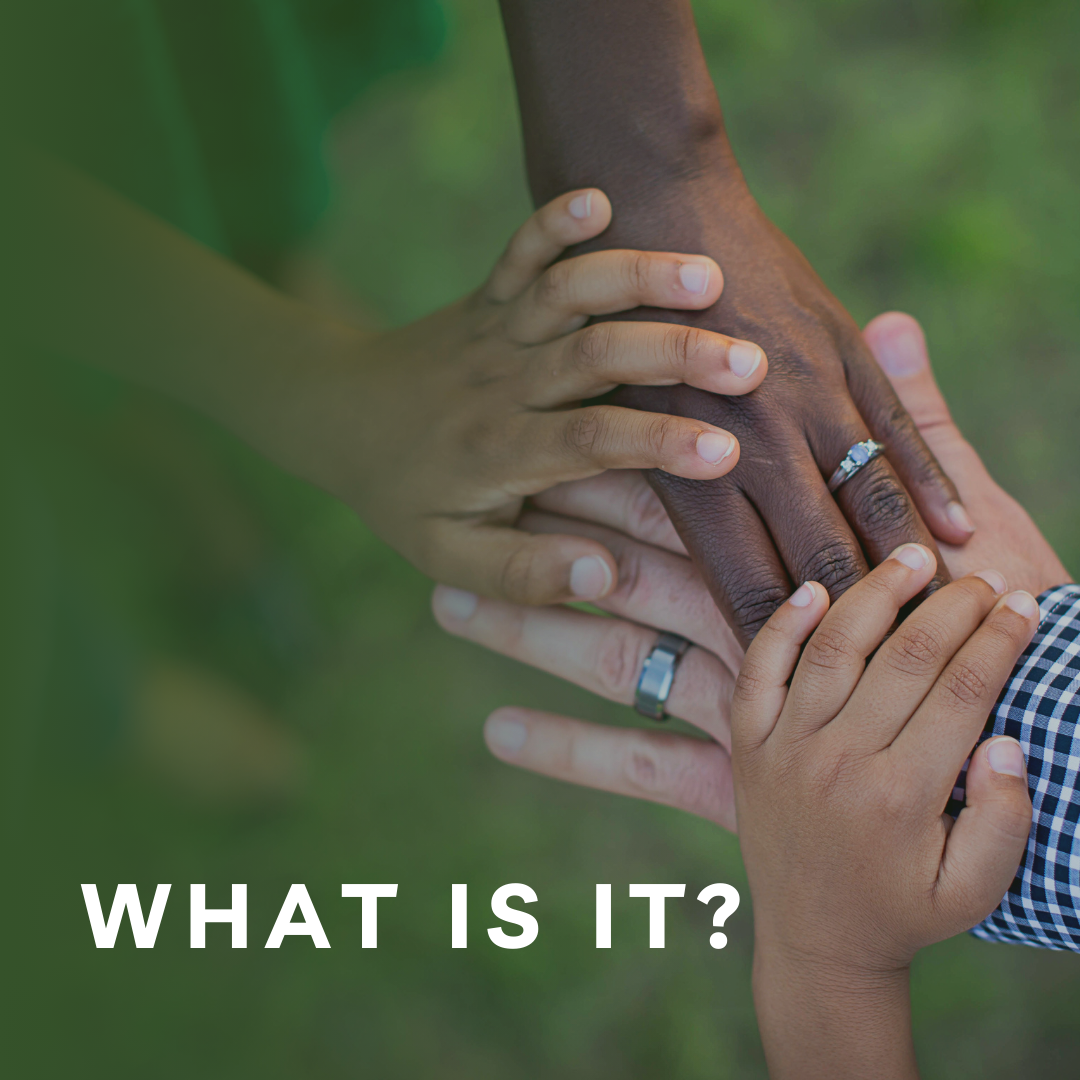Integral to any job is the ability to communicate when things are going well and when they are going badly.
But communicating is hard.
Especially when it comes to determining who is responsible for communicating feedback.
When you don’t know, communication gaps occur, and this contributes to making workplaces toxic.
Who’s Responsible?
So, to avoid making workplaces toxic, who’s responsible?
Whose responsibility is it to:
- Speak up?
- Listen?
- Take concerns seriously?
- Initiate collaboration on solutions?
- Name who is responsible for what action?
- Name when actions will be implemented and completed?
If your answer was one of the following: your boss, C-suite, HR, your employee, the Wellness Manager, etc., you are wrong.
The correct answer?
We all share the responsibility of accountability.
Why Shared Accountability Is Not Possible
Fear
Employees are rightfully afraid to speak up.
There are far too many examples of people who have lost their jobs, houses, and families because they spoke up and were penalized for it.
Who wants to whistle-blow when you watch leaders, HR, managers and other employees judge you for pointing out how the organization harms their employees?
To demand accountability as an employee by taking on the responsibility to name what is wrong and offer solutions can lead to career setbacks, job loss, professional isolation, workplace harassment and more.
Some leaders resist speaking up out of fear of dealing with the consequences.
Dealing with them means making meaningful strategic and operational changes that offset profit creation in the short-term or add to costs.
To collaborate on solutions and implement suggestions that have never been tried, offered by those impacted by the problem, is scary and uncomfortable.
Wanting to Be Right Rather Than Get It Right
Regardless of your role and responsibility in your organization, if you want to be right, your imposed solution won’t last.
So, shared accountability is not possible due to fear and wanting to be right.
How to Make Shared Accountability Possible.
Getting it right to have a healthy workplace requires taking the following steps.
Creating Psychological Safety. This means creating the conditions for an honest and kind dialogue, including having boundaries and respecting people’s boundaries. Creating these conditions allows people to feel courageous and speak up.
Acknowledging Experience. This means building your competency to hear someone’s truth and acknowledge it, even if you disagree with it.
Giving the Benefit of the Doubt. This doesn’t mean excusing toxic behaviour. It means considering that sometimes, a person’s best behaviour is toxic behaviour. They are genuinely trying to get it right, and they’re failing.
Reframing Accountability. To get it right, you must shift how you view accountability. Instead of being a tool for reprimand, it’s a tool to get to the root of the problem and collaboratively work on a meaningful, sustainable solution.
Taking the Next Best Step
Be honest with yourself.
If you want to be right and are afraid to be accountable because of the consequences and the work you’d really have to do, acknowledge this.
Sure, you will have a toxic workplace, and people who work with you will feel resentment, fear, anger, and sadness, but you’ll feel safe and right.
That’s the outcome you want and have chosen.
Being honest with yourself allows you to be accountable to yourself and frees you from taking performative actions.
If you genuinely want to address toxicity – whether you’re a leader with power over people or an employee – look at the steps above to build shared accountability. What’s one small step you can take from that list?
If the fear is overwhelming – start there.
Check your fears. Create the safety you need or build an exit strategy that allows you to realize your goal to work in a healthy workplace.
At the time I publish this, there are genocides taking place. Fascism is spreading. Marginalized people are living horrific experiences, while many with the power to do something don’t.
Instead, the question keeps being asked: How can we do better? – as we ignore the answers – what marginalized people have already said to develop sustainable solutions.
If the well-being of each other truly matters, take the required steps to make shared accountability a reality.

Need more help?

